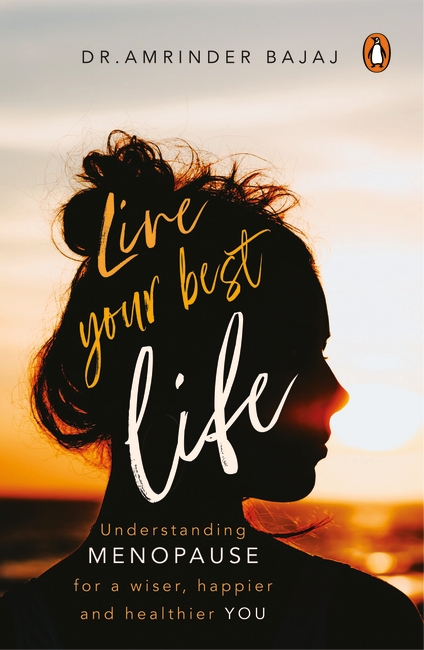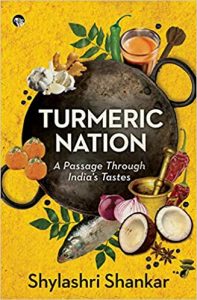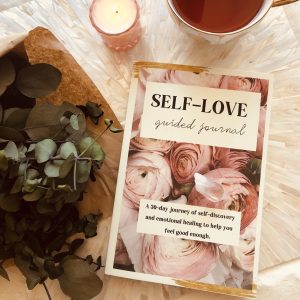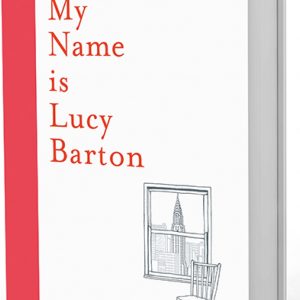“Live Your Best Life” by Dr. Amrinder Bajaj (Penguin Random House India) strives to help women become more open about menopause and embrace ageing in a direct and approachable manner. The message of the book is very clear- “Menopause is the end of menstruation, not the end of the world”.
Dr. Bajaj has tackled a scientific topic (that could become technical when written about) in an easy-to-read manner, with empathy, simple language, humour and the power of storytelling. Using fiction to explore a non-fiction subject, is her weapon of choice, and a good one too! We learn about menopause through the stories of Mona, a smart corporate head; Sheila, a portly school principal; and Meera, a happy-go-lucky homemaker. Advising them is Dr. Ruby, who dispels myths related to Menopause and harnesses scientific knowledge and psychoeducation for her patients.

Bookedforlife in a chat with Dr. Amrinder Bajaj on “Live your Best Life”…..
Firstly, thank you for such an informative book, written in a highly accessible manner! It is indeed the need of our times! I think a lot of the relatability of the book comes from the fact that it is told in form of a story with real women as characters. What made you choose this mode?
A clinical listing of symptoms would have bored the reader so, I decided to address menopausal issues through stories, generously sprinkled with anecdotes and humour. Three friends, Mona, a smart corporate head, Sheila, a portly school principal and Meera, a happy go lucky homemaker are real women facing real problems that any of us can relate to. No points for guessing on who I have fashioned the compassionate Dr Rosy with her trademark flower in her hair, to whom, these three go for counselling and treatment. I do hope that I have succeeded in achieving what I set out to do. Vaishali Mathur suggested that I write about such a boring subject in the form of stories that inform and amuse.
You talk about preventive healthcare all throughout the book, and how potentially serious problems in women could easily be avoided by early detection of certain conditions. However, when I look around me, I see women who are too scared to have regular preventive check-ups and the reasons are not always clear. Have you experienced that in your vast practice over the years? If yes, why do you think women are apprehensive?
Not only in my practice but, women all around me make light of their problems. This could be because, they have been conditioned to put the welfare of their family before their own and visit a doctor only when it becomes unavoidable. As a result, they ignore or postpone physical/psychological issues till it is too late.
Around middle age they tend to attribute every symptom they are experiencing to menopause. Under this blanket, crouch, ominous creatures like cancer and heart disease which, could have had a better prognosis if dealt with earlier. Lastly, I think, most women are afraid of visiting a doctor lest, they hear what they don’t want to hear.
If you had to summarize just a few/ a couple of really essential preventive tests that woman should absolutely do post 40, what would you suggest?
Regarding their general physical health, an ECG, X ray chest, ultrasound whole abdomen and blood tests that include a compete blood count, thyroid, liver and kidney function tests, blood sugars are a must. It is a good idea to go for a yearly preventive health check-up that includes a visit to a physician, heart specialist, eye specialist, a gynecologist, amongst others. Tests specific to the female genital tract after the age of forty are a mammography of the breasts, Pap Smear and TVS (transvaginal sonography). Then there are tests that need be done, according pre-existing conditions or current symptoms and are decided on an individual basis.
I feel that this book must also be read by younger women as it serves as a road map for women of all ages as they move from ‘menopause’ into ‘me-no-pause’. What tips would you give your reader to get the maximum out of this book?
It is always good to be prepared for any stage of life so that one is not caught unawares. Though, the book is a must read for women between the age of 40-100 years, it is of relevance to younger women too. Firstly because, more and more females delay childbearing till, they are ‘settled’ in their career or marriage and find to their dismay, that they have missed the boat. This is because, quite often, the ovaries pack up sooner rather than later, leading to poor egg quality and a poor outcome of fertility treatment.
Others, experience perimenopausal symptoms like menstrual irregularities, hot flashes, bloating, early and end up having premature menopause before their fortieth birthday! This means that the problems like, heart disease, diabetes, hypertension, poor bone health and fractures that could arise after menopause, will begin at least ten years earlier in women with premature menopause resulting in a decrease in life span!
If the younger woman is aware of such an eventuality, she will be better prepared and make the necessary lifestyle changes and visit a doctor to avail of the option of HRT (Hormone Replacement Therapy) now called MHT (Menopausal Hormone Therapy) till the age of natural menopause. The essence of the book can be summed up in one sentence – menopause is the end of menstruation, not the end of the world.
You are a very respected medical professional and also a revered author, passionate about words, and often using them to express deep seated emotions. How do you juggle these two aspects- firstly, from the point of view of time and secondly, from mindset as you juggle between the roles of a doctor on one hand, and a writer on the other?
Writing is a passion, not just a hobby and, I believe that, if one is passionate about something, one always finds the time for it. If I were to liken myself to a tree, my professional commitments would be my roots that supply sustenance and keep me grounded. They also, dip into a bottomless spring of stories that well out of a patient’s eyes and mouth if, one has a sympathetic ear and the time to hear them out. The written word, like the leafy crown of this tree, flirts with the sun, the rain, and the wind, to bloom and yield an abundance of fruit.




